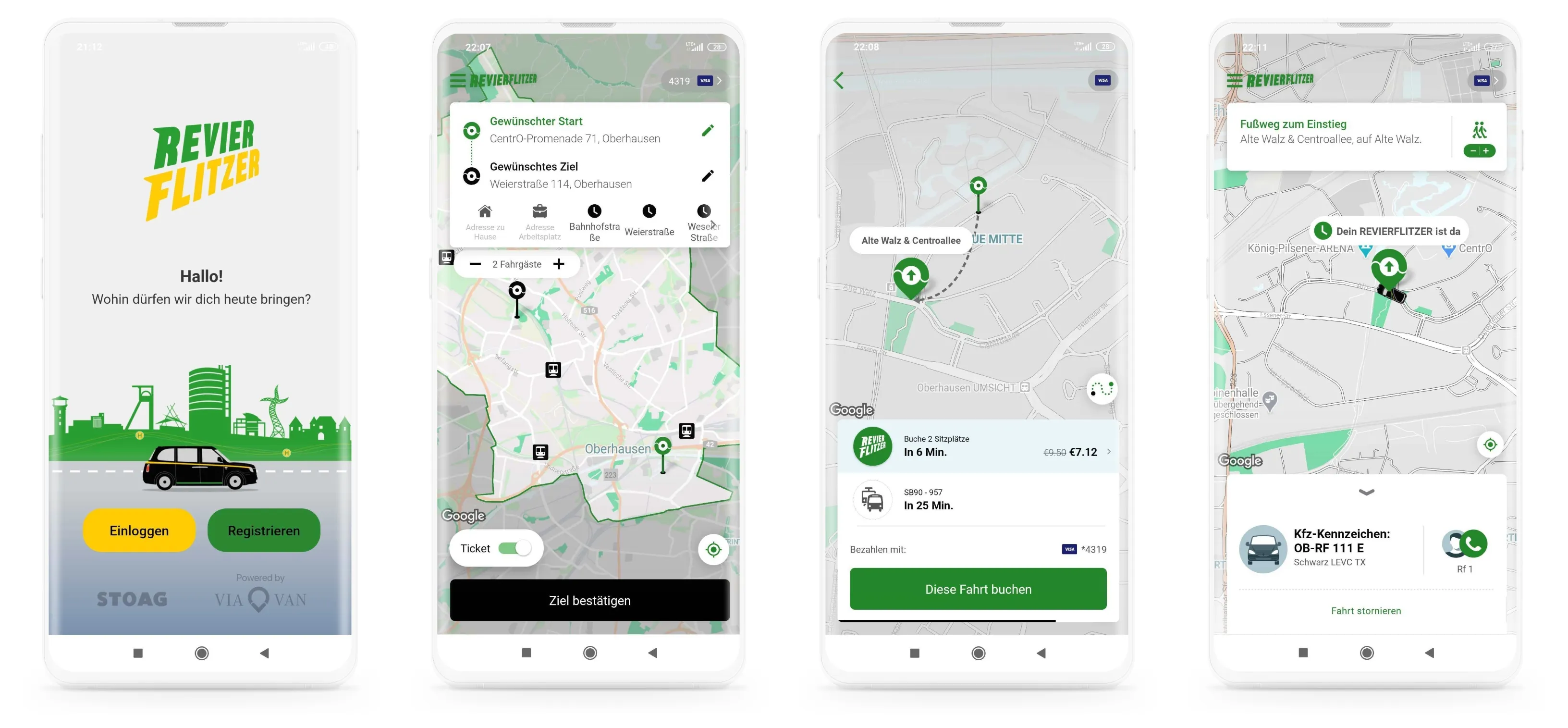Perfect Data has launched a ride-hailing app across the UK which it says will provide local authorities with a map of all vehicles operating in their areas.
Darren Tenney, founder of Perfect Data, says Xooox [pronounced ‘Zooks’] will allow regulators to see what’s happening at street level.
“At last they will have the power to take action against unlicensed, banned or out of jurisdiction drivers,” he continues. “This will not only help keep passengers safe, it will help protect the income of the hundreds of thousands of law-abiding cabbies working in the UK today.”
The app’s technology is expected to reduce the time taxi drivers cruise around searching for passengers, thereby reducing pollution and congestion.
Perfect Data, a UK start-up, insists regulatory authorities can also use the data from Xooox to inform smart cities and environmental initiatives, including the introduction and enforcement of low emission zones.
Riders in cities and rural communities can use the app to choose a ride based on a range of criteria including the cost of the fare, its emissions or wheelchair access.
Drivers can use Xooox’s live map to look for local passengers searching for a cab. They can then set their own prices, decide which jobs they accept and define how they will travel for a pick-up.
According to Perfect Data, safety measures ensure that only fully-licensed taxi and private hire drivers can use the app to search for fares, while passengers can automatically report a driver to their licensing body via the app.
Perfect Data launches ride-hailing app in UK
Perfect Data has launched a ride-hailing app across the UK which it says will provide local authorities with a map of all vehicles operating in their areas.
Darren Tenney, founder of Perfect Data, says Xooox [pronounced ‘Zooks’] will allow regulators to see what’s happening at street level.
“At last they will have the power to take action against unlicensed, banned or out of jurisdiction drivers,” he continues. “This will not only help keep passengers safe, it will help protect the income of the hundred
August 20, 2019
Read time: 2 mins










